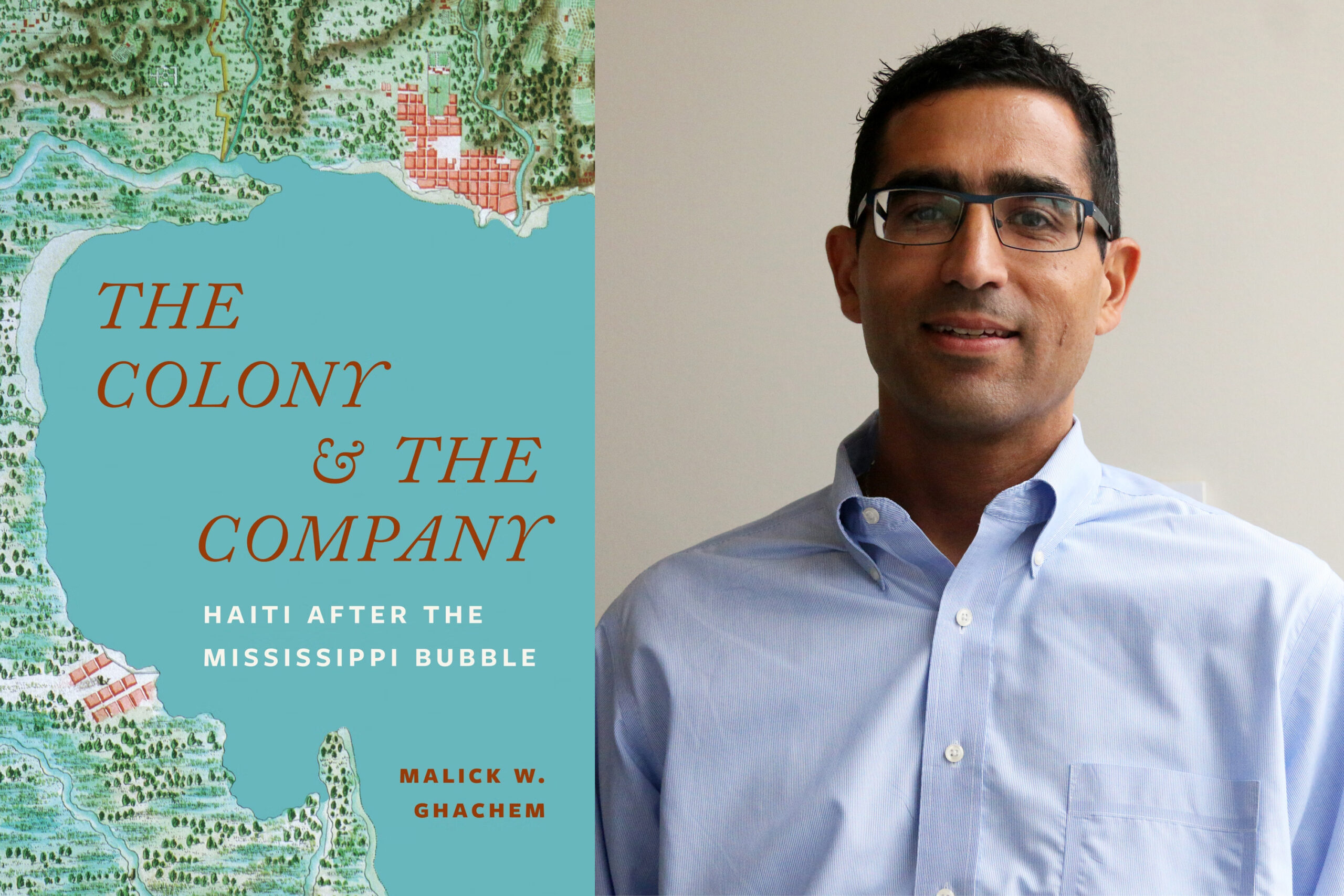Education
Unraveling Haiti’s History: The Mississippi Bubble’s Impact

The complex history of Haiti can be traced back to the early 18th century, particularly the events surrounding the financial crisis known as the “Mississippi Bubble.” This period, beginning in 1715, involved significant figures such as the French monarchy and financial speculator John Law. The repercussions of these historical events have shaped Haiti’s economic landscape and social structures, leading to its current challenges.
After the death of Louis XIV in 1715, France faced crippling debt due to years of warfare. In an effort to stabilize the economy, the French government turned to Law, a Scotsman who proposed a radical restructuring of the financial system. His plan included the retirement of French debt while promoting overseas commerce through private monopoly companies. Despite initial success, Law’s approach ultimately culminated in the catastrophic stock-market crash of 1719-20, known as the Mississippi Bubble. The fallout from this event forced Law to flee France, but his policies had already laid the groundwork for Haiti’s transformation.
Haiti, then called Saint Domingue, became a focal point for French economic ambitions. The nation experienced a “sugar revolution” in the early 1700s, where its economy shifted toward labor-intensive sugar plantation production. This development was largely reliant on enslaved workers and marked by violence against political adversaries. The system established by plantation owners not only shaped Haiti’s geography but also its role in the global economy, benefiting a few at the expense of the many.
In examining this period, historian Malick Ghachem highlights the significance of these early economic transformations in his recent book, “The Colony and the Company: Haiti after the Mississippi Bubble,” published by Princeton University Press in the summer of 2023. Ghachem asserts that the foundations of Haiti’s economic struggles can be traced back to the 1720s, when the country became embroiled in debtor-creditor relationships that persist to this day. He states, “This is a moment of transformation for Haiti’s history that most people don’t know much about.”
Ghachem, who serves as a professor and head of MIT’s history program, draws on original archival research to explore the interconnected nature of Haiti’s history and global economic trends. He asserts that Haiti was deeply intertwined with the Mississippi Bubble, which was a significant global event. “The Mississippi Bubble of 1719-20 was really a global event. And one of the theaters where it played out most dramatically was Haiti,” Ghachem explains.
As the French sought to expand their economic influence, the plantation economy in Haiti grew rapidly. Local planters resisted Law’s company but eventually adopted its financial logic, shaping the management of plantation society. The dynamics of this society were complex, marked by violence, civic instability, and limited economic alternatives. Ghachem notes, “What’s called the ‘success’ of the colony as a French economic force is really inseparable from the conditions that make it hard for Haiti to survive as an independent nation after the revolution.”
The Haitian Revolution from 1789 to 1804 is often viewed in connection with the country’s subsequent struggles. Some argue that the revolution directly led to Haiti’s current issues, including political dysfunction and economic underdevelopment. Ghachem challenges this notion, pointing out that the roots of Haiti’s challenges extend back to its colonial relationship with France in the late 17th and early 18th centuries. He emphasizes that while the revolution compounded existing problems, the terms of Haiti’s subordination had already been established.
Critics have praised “The Colony and the Company” for its in-depth analysis. Pernille Røge from the University of Pittsburgh described the work as “a multilayered and deeply compelling history rooted in a careful analysis of both familiar and unfamiliar primary sources.” Ghachem hopes that his research encourages a broader understanding of Haiti’s past and present, urging readers to consider how historical economic structures have shaped contemporary society.
Reflecting on his role as a historian, Ghachem expresses a desire to illuminate lesser-known narratives. “I’m trying to keep up with the day job of a historian,” he states. “Which includes finding stories that aren’t well-known, or are well-known and have aspects that are underappreciated, and telling them in a new light.”
As Haiti continues to grapple with modern challenges, understanding the historical context of its economic and social structures remains crucial. The legacy of the Mississippi Bubble serves as a reminder of the complexities that define Haiti’s identity and ongoing struggles.
-

 Technology5 months ago
Technology5 months agoDiscover the Top 10 Calorie Counting Apps of 2025
-

 Health2 months ago
Health2 months agoBella Hadid Shares Health Update After Treatment for Lyme Disease
-

 Health3 months ago
Health3 months agoErin Bates Shares Recovery Update Following Sepsis Complications
-

 Technology4 months ago
Technology4 months agoDiscover How to Reverse Image Search Using ChatGPT Effortlessly
-

 Technology1 month ago
Technology1 month agoDiscover 2025’s Top GPUs for Exceptional 4K Gaming Performance
-

 Technology2 months ago
Technology2 months agoElectric Moto Influencer Surronster Arrested in Tijuana
-

 Technology5 months ago
Technology5 months agoMeta Initiates $60B AI Data Center Expansion, Starting in Ohio
-

 Technology5 months ago
Technology5 months agoRecovering a Suspended TikTok Account: A Step-by-Step Guide
-

 Health4 months ago
Health4 months agoTested: Rab Firewall Mountain Jacket Survives Harsh Conditions
-

 Lifestyle5 months ago
Lifestyle5 months agoBelton Family Reunites After Daughter Survives Hill Country Floods
-

 Technology4 months ago
Technology4 months agoHarmonic Launches AI Chatbot App to Transform Mathematical Reasoning
-

 Technology3 months ago
Technology3 months agoUncovering the Top Five Most Challenging Motorcycles to Ride





















